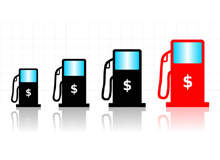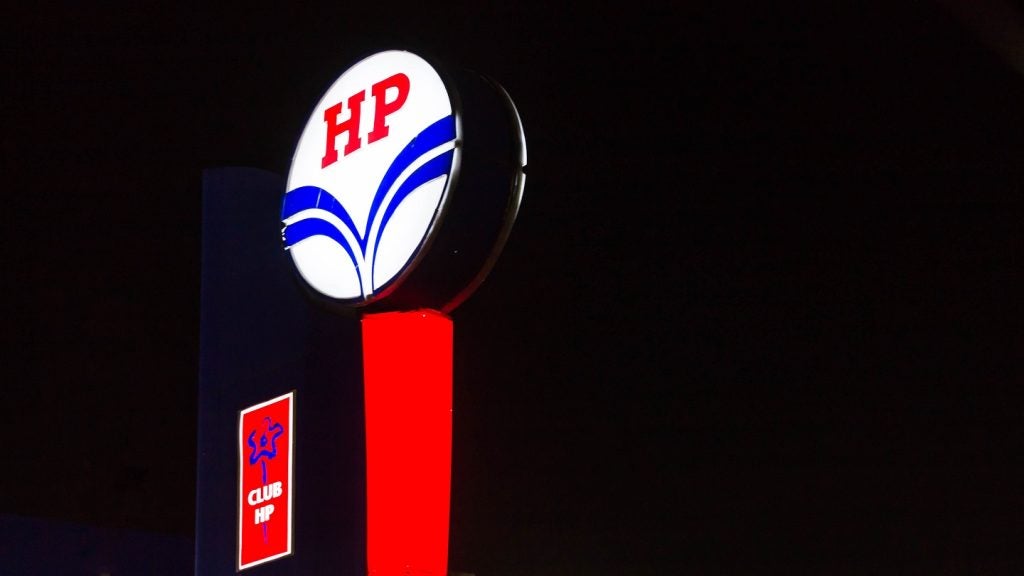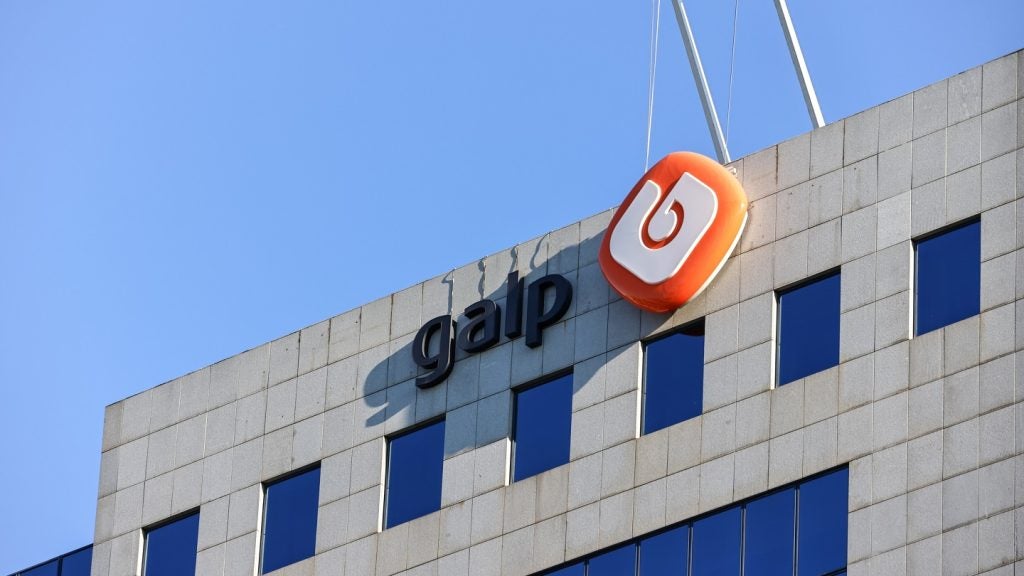
Venezuela has been one of the year’s most active countries in terms of partnering with other state-owned oil companies. Petroleos de Venezuela SA (PDVSA) and Russia’s National Oil Consortium have signed a memorandum of understanding on cooperation for the exploration of oil reserves in Venezuela’s Orinoco belt.
The Russian National Oil Consortium includes five equal stakeholders: TNK-BP, Rosneft, Lukoil, Gazprom Neft and Surgutneftegaz.
Closely following this agreement, Venezuela signed a deal with China over the Orinoco belt. China is expected to invest close to $16bin over a period of three years. Big investments from key Russian oil and gas companies, and the cash-rich Chinese, will surely boost the petroleum output of Venezuela.
These investments will lead to increased revenues as the world economy recovers and oil and gas demand increases, giving the Venezuelan economy much-needed growth stimulus.
Fundamental economic factors
See Also:
The Latin American country depends heavily on oil and gas exports, and its declining oil revenues since the global recession – as well as confiscation of foreign assets due to nationalisation – have hampered fresh investment in oil and gas explorations in the country.
How well do you really know your competitors?
Access the most comprehensive Company Profiles on the market, powered by GlobalData. Save hours of research. Gain competitive edge.

Thank you!
Your download email will arrive shortly
Not ready to buy yet? Download a free sample
We are confident about the unique quality of our Company Profiles. However, we want you to make the most beneficial decision for your business, so we offer a free sample that you can download by submitting the below form
By GlobalDataA new GlobalData report says that the Russian National Oil Consortium is likely to fund infrastructure investment worth $600m initially. The Russian consortium will support the development of new blocks, along with Junin-3 Block, Ayacucho-2 Block and Ayacucho-3 Block, which were being handled by Russian NOCs.
In addition, China has agreed to invest close to $16bn over three years in the Orinoco belt.
The global financial crisis has had a severe impact on Latin America’s economic growth and the region’s oil and gas industry. Most countries in the region are highly dependent on the export of commodities, including crude oil and natural gas, and reduced oil and gas export revenues have forced many industries to scale back spending and delay projects.
In addition, bank collapses and increased risk aversion have made it difficult for many countries to finance energy projects. The economic turmoil can be seen in the S&P Latin America 40 Index, which has fallen from being one of the world’s best performing indices in the past five to ten years to being one of the world’s worst performing indices in the past 12 months.
With South America witnessing an exponential growth in its hydrocarbon resources, fear of encroachment over its oil and gas assets by foreign companies is leading to a new surge of resource nationalisation.
Venezuela has been the forerunner in the nationalisation of oil and gas resources. Venezuelan President Hugo Chavez ordered it to begin in 2007, claiming the majority share in multi-billion dollar oil projects. As a result, ExxonMobil Corporation and ConocoPhillips scrapped their significant heavy oil projects, arguing over the newly formed contracts.
The government stance resulted in it claiming more than 50% of the ownership rights, triggering legal disputes. In 2009, Venezuela stepped up its nationalisation policy by expropriating a range of oil and gas service companies.
Many private companies that do not agree to the terms of contract of nationalization are vulnerable to seizure.
There has been skepticism about the payment of debts to the companies that have been seized and timeliness in payments to them. The state oil company PDVSA owes debts of nearly $14bn to oil service companies for their compensation value after taking them over.
A number of international service companies have halted their services due to non-payment. Ensco International, for example, has terminated a drilling contract with PDVSA as the latter took control of the rig in the course of nationalisation and failed to pay off its debts.
Ironically, the nation had invited a bidding round for private oil and gas companies, both domestic and foreign, in early 2008 for oil exploration in seven blocks of the Orinoco Belt in the east of the country, to revamp its falling crude oil production. Many large foreign companies participated in the bidding round, from US oil giant Chevron to China’s CNPC.
But there has been an ambiguous scenario in Venezuela since the 2008 bidding round pushed ExxonMobil Corporation and ConocoPhilips out of the four multi-billion dollar Orinoco projects.
Development of the Orinoco belts requires advanced technology and refining capacity for the upgrading of heavy crude oil. Without these, the development of Orinoco’s belt will prove challenging.
Venezuelan assets
Venezuela accounts for a big share of South America’s oil and gas reserves, with 172,323 million barrels of crude oil reserves in 2008. Brazil has about 12,623 million barrels of crude oil reserves. Other hydrocarbon-rich nations include Argentina, Ecuador, Bolivia and Chile.
Crude oil reserves in Venezuela have increased from 72,667 million barrels in 1996 to 172,323 million barrels in 2008, at an annual growth rate of 7.2%. In 2008, reserves increased by more than 70% as a result of the Magna Reserva project in the Orinoco Heavy Oil Belt.
Venezuela contains billions of barrels of extra-heavy crude oil and bitumen deposits. The Orinoco Belt in central Venezuela is estimated to contain 100-270 billion barrels of heavy crude oil. Natural gas reserves in Venezuela have increased from 143,035 billion cubic feet in 1996 to 176,015 billion cubic feet in 2008, at a 1.7% growth rate.
International collaboration
The state-run petroleum companies are increasingly partnering with other national oil companies (NOCs) in the oil and gas industry to allow them to combine their expertise and achieve operational efficiencies. These partnerships are also driven by state strategies and corporations among national governments.
These joint ventures have been prominent in the second half of 2008 and first half of 2009.
PDVSA has especially gone out to partner with many leading NOCs in order to develop the country’s oil and gas sector. The company has formed joint ventures with many big NOCs in order to develop the country’s E&P, midstream and downstream sector.
The large NOC investments in E&P and infrastructure will support growth during the global slowdown. The big national oil companies, backed by domestic governments, have better access to financial resources to maintain growth in the current scenario compared with international oil companies.
With energy being a centre point of growth for all countries, these NOC partnerships also tend to strengthen the economic ties between countries.
Venezuela’s investment from the two international agreements and the resulting boost in crude oil production is expected to increase the country’s crude oil output by about 900,000 barrels per day.
These agreements are not the first of their kind in Venezuela. Aside from this agreement, Russian pipeline company Transneft signed an MOU with PDVSA for the construction of the infrastructure needed for the Junin-6 project, including 1,300km of pipeline and the refurbishment of 170km of pipeline. Rostekhnologii, another Russian conglomerate, and PDVSA also signed an agreement to cooperate in cleaning up oil sludge.
The huge investments from major Russian oil and gas companies and the cash-rich Chinese will surely boost the petroleum output of Venezuela. With an increase in interest from Russian and Chinese companies and the resulting big investments in developing reserves in the Orinoco belt, Venezuela can again emerge as one of the world’s leading petroleum producers.
More reports are available to purchase at GlobalData’s report store.





